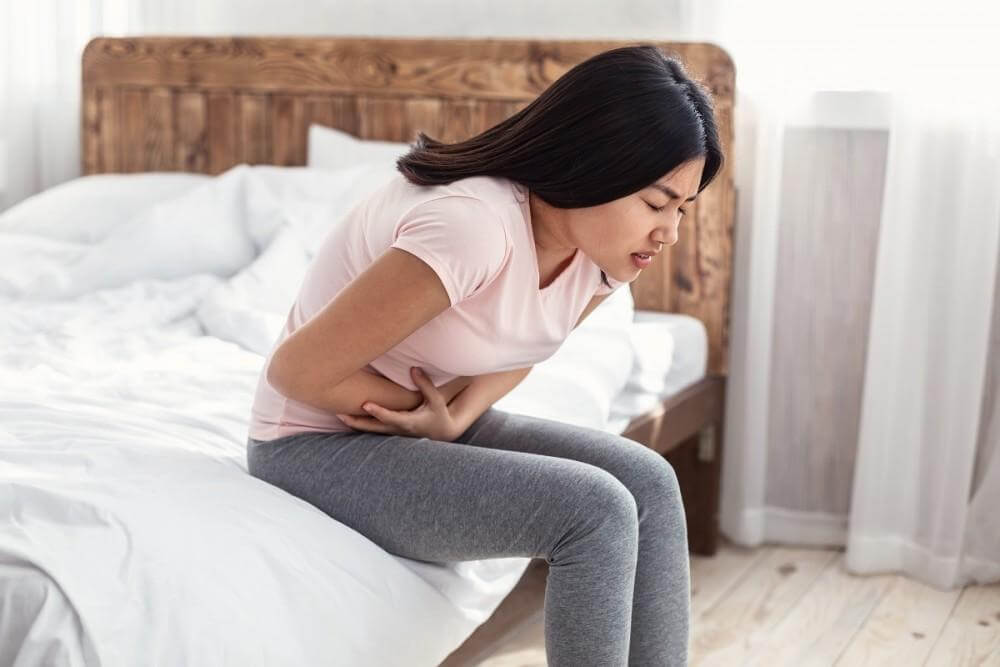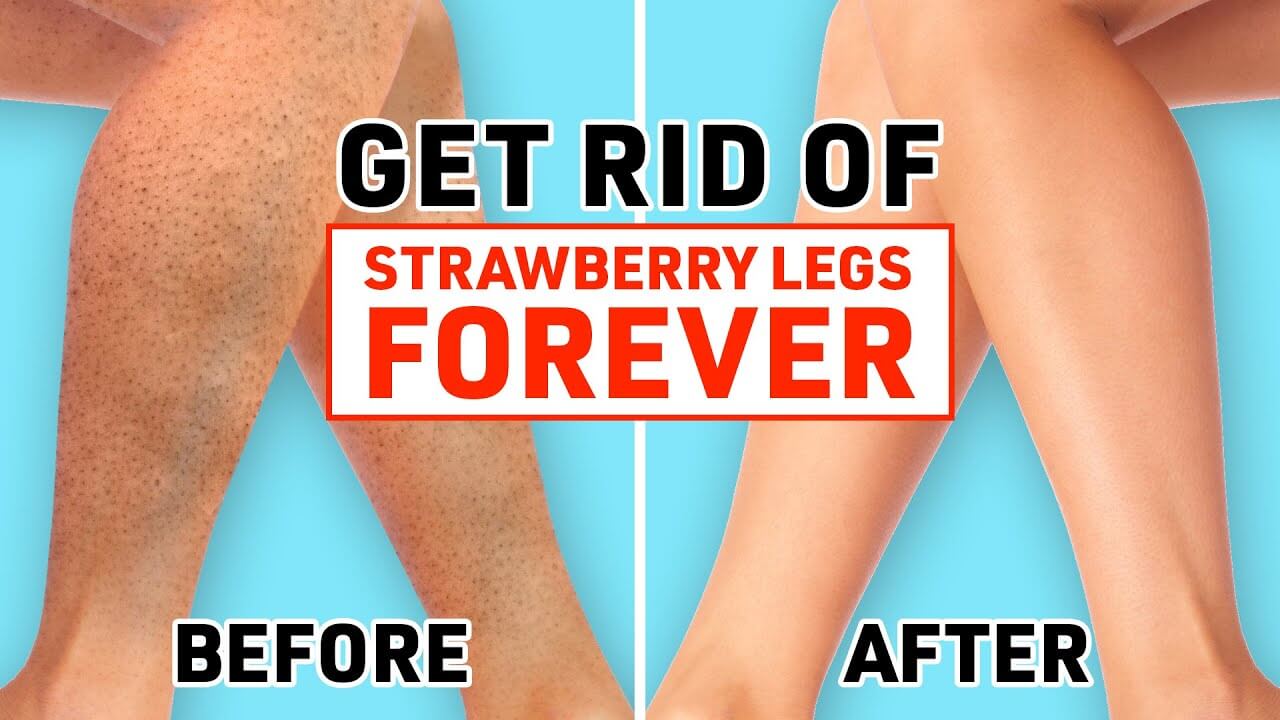Content Attributes
Hair loss is a physiological process that affects each of us, during the life of an individual it is estimated that about 20 cycles of hair growth, fall and regrowth follow each other. The duration of the life cycle of each hair varies from 2 to 6 years and the frequency of fall varies according to many factors but above all to the amount of hair, especially in women with thick hair, the loss can also be 100 hairs per day. So before talking about pathological loss, it is good to understand if the fall is part of the normal life cycles of the hair.
There is considerable variability regarding both the frequency with which hair falls out and the quantity; it is especially in the change of season, due to changes in temperatures, that we witness the most copious hair loss. Since the hair is better adapted to high than too low temperatures, autumn is the season that every year warns millions of people about hair loss; so do not be afraid if in October we lose more hair than usual, it is all part of the normal adaptations of the organism.
The greater loss that occurs in autumn, in addition to changes in temperatures, is also linked to the fact that in summer the hair undergoes the effect of free radicals produced by solar radiation which damages the hair bulbs.
Where does hair loss begin?
Hair loss, especially in males, begins already in adolescence or at the beginning of adulthood with the progressive backwardness of the frontal hairline, this is a very slow process that can last for years with minimal changes. At the same time, thinning areas begin to appear, usually at the rear until the moment when the thinning areas tend to converge, giving rise to real patterns of baldness. In women, however, there is no precise point where hair loss begins but it is usually a thinning that affects the entire scalp in equal measure.
How to stop hair loss in women?
In women, hair loss usually occurs in menopause when the body loses the beneficial influence offered by estrogen, the whole body is affected, including hair; the latter lose vigor, shine, become more and more delicate and fragile with a tendency to fall. To combat hair loss it is extremely important to follow a healthy lifestyle, avoid stress as much as possible and pay attention to nutritional deficiencies, also resorting to the use of supplements if necessary.
How to prevent hair loss in humans?
There are many types of hair loss (or alopecia ) in humans but certainly the most frequent is androgenetic alopecia which recognizes genetic, environmental and hormonal causes especially the overproduction of DHT (dihydrotestosterone) a hormone harmful to the scalp that determines hair loss especially in the front and top of the head. When the cause is genetic, the controls available to us are often ineffective, associating them with a lifestyle helps us slow down the process but it is difficult to completely stop it.
Hair loss at 15-18 years old
About a third of boys between 15 and 18 years (for girls we are about 15%) suffer from hair loss in a more or less serious form, which can turn into a real social and psychological discomfort in one phase of growth as delicate as adolescence. The causes are to be found especially in heredity, psychological stress, and nutritional deficiencies. Usually, the boy notices a thinning and thinning of the hair almost always associated with excessive production of sebum.
Prevention of hair loss with:

Power
There are many causes of hair loss due to nutritional deficiencies, alopecia following very drastic diets are not uncommon, therefore prevention begins at the table by providing the right amount of nutrients daily, especially proteins, amino acids and vitamins essential for the synthesis of keratin which is the substance of which hair is made. It is very important to never miss the omega-3 fatty acids contained in fish, vegetable oils and dried fruit, a deficiency of omega-3 can create alterations in the scalp with consequent hair loss.
It is good to moderate the intake of too refined sugars because they tend to increase the share of insulin in the circulation which is the main stimulus to the production of cortisol (the stress hormone). vitamins (Vit. A, Vit. of group B, Vit. C and Vit. E) and mineral salts (especially selenium, iron, copper and zinc) both to prevent hair loss and to keep hair healthy and shiny.
Herbs
A plant known since ancient times for its invigorating power on the hair is the horsetail (or ponytail); it is rich in salicylic acid, calcium, magnesium, and potassium, all essential substances for the remineralization of weakened hair and risk of falling. Another ancient herbal remedy for hair care and well-being is nettle rich in vitamins and mineral salts, simply boil nettle leaves in water, after which the infusion is filtered and applied directly to the hair. massaging the root. This infusion, in addition to being a natural revitalizer for the hair, also helps to fight dandruff because it has a sebum-regulating action on the scalp.
Natural Methods
Among the most used natural methods to prevent and combat hair loss, there is undoubtedly beer yeast, we find it on the market in the form of capsules, tablets, powder; we owe its beneficial effect to the richness of essential amino acids as well as mineral salts and vitamins present in an assimilable form. Another widely used remedy is the aloe vera extract compress, it must be kept in place for at least half an hour before washing; taking a teaspoon of aloe juice a day on an empty stomach also seems to help prevent hair loss.
Being rich in polyphenols and other antioxidant substances, the extract of olive leaves is very useful for the well-being of hair and to prevent hair loss. The infusion is applied on 5-6 points of the scalp, exerting a light massage, it is very useful because it manages to restore the natural nutritional state to the hair, restoring strength and shine to fine and dull hair.
Bach Flowers
They are used a lot to fight hair loss, especially Cherry Plum, which is also very useful for dandruff due to the regulatory action on sebum production. In the case of thinning linked to very useful psychological stresses among the bach flowers are Olive and Star of Bethlehem. For seasonal losses, a more excessive than normal is highly recommended Sclerathus which gives strength to the hair.
Causes of Hair Loss

Stress
Thinning or real stress alopecia (the so-called psychogenic alopecia) is an increasingly common problem, fortunately, it is one of the few forms of reversible hair loss, in the sense that once the responsible stress is overcome the hair should return as before.
Usually, in stress alopecia in addition to hair loss, we also have excessive production of sebum by the scalp which tends to obstruct the hair follicle suffocating the hair and inflammation of the hair bulbs with pain and itching of the scalp.
Chemotherapy
Alopecia is one of the most known side effects of chemotherapy with a very strong psychological impact. It occurs because the anticancer drugs in addition to attacking malignant cells by inhibiting their growth can also attack healthy body cells such as hair follicles thereby inducing hair loss. Not all anticancer drugs cause hair loss and the same goes for degree and time of appearance. Hair loss is usually reversible because hair follicles regenerate quickly after the end of therapy. Initially, the hair grows back very fragile and thin but after 3-6 months the hair returns to the original one.
Seborrheic Dermatitis
It is an inflammatory pathology of the scalp (which can also occur in other locations) which is characterized by the excessive production of sebum, itching, and pain in the scalp, redness and the formation of yellowish or whitish scales (dandruff). The itching of seborrheic dermatitis is so intense that it exposes the hair to continuous traumatism that associated with the excessive production of sebum causes the hair to fall out very easily. The hypersecretion of sebum also prevents the physiological hair regrowth process, therefore if not properly treated, seborrheic dermatitis can develop into seborrheic alopecia.
Iron Deficiency
Iron deficiency anemia, i.e. iron deficiency anemia, can be associated with hair loss because iron is one of the minerals that make up the hair and is responsible for oxygenating the body. So in case of lack of iron, the hair becomes weaker and brittle and has a greater tendency to fall out.
Hormonal Causes
The life cycle of the hair is strongly influenced by hormonal stimuli, in fact, they grow thanks to the action of the growth hormone and undergo involution by the action of androgens (especially DHT); Furthermore, we have already mentioned the loss of hair in menopause due to the deprivation of estrogenic stimulus and the increase in the production of androgens.
Thyroid dysfunction with impaired thyroid hormone production can also be associated with hair loss. Not to forget the typical postpartum hair loss due to the hormonal imbalances that pregnancy brings with which very often is also associated with strong psychological stress that contributes to fueling the loss process.



